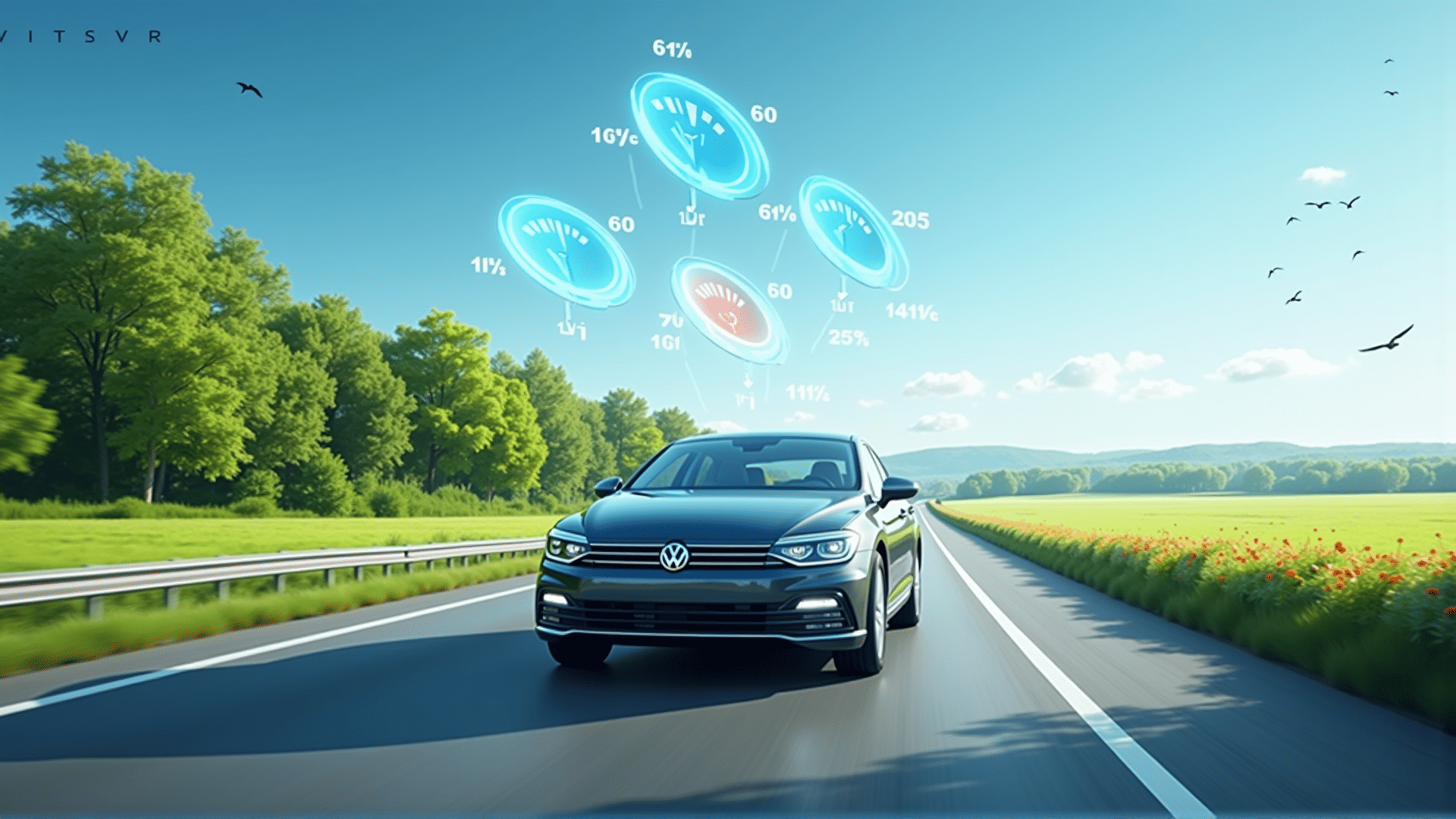In an era where fuel prices are unpredictable and environmental concerns are growing, finding ways to maximize your vehicle's fuel efficiency can lead to significant savings and contribute to a greener planet. Implementing some simple yet effective fuel-saving strategies can help you get the most out of every liter.
Maintain Your Vehicle Regularly
Keeping your vehicle in optimal condition is crucial for fuel efficiency. Regular maintenance, such as oil changes, tire rotations, and engine tune-ups, ensures that your vehicle runs smoothly. A well-maintained engine burns fuel more efficiently, leading to better mileage. Additionally, check your tire pressure regularly, as under-inflated tires can increase fuel consumption.
Drive Conservatively
Aggressive driving, characterized by sudden acceleration, speeding, and harsh braking, can significantly reduce fuel efficiency. By adjusting your driving habits, you can conserve fuel. Maintain a steady speed, use cruise control on highways where possible, and anticipate traffic flow to avoid unnecessary stops and starts.
Lighten Your Load
Carrying excess weight in your vehicle can reduce fuel efficiency. Remove unnecessary items from your car, and if you’re not using the roof rack or carrier, take it off to decrease aerodynamic drag. A lighter vehicle requires less energy to move, resulting in better fuel economy.
Limit Idling
Idling consumes fuel needlessly. If you anticipate being stopped for more than a minute, it is more fuel-efficient to turn off your engine and restart it when you’re ready to move. Modern engines are designed to consume less fuel upon restarting than they waste when idling for extended periods.
Optimize Air Conditioning and Electricals
Air conditioning and electrical accessories, such as heated seats and defrosters, can strain your engine and reduce fuel efficiency. Use them sparingly and opt for natural ventilation when driving at lower speeds. At higher speeds, rolled-down windows increase drag, so it’s more efficient to use the air conditioning.
Plan Your Trips
By planning your routes and combining errands into a single trip, you can minimize the distance traveled. Trips that are too short can prevent your engine from reaching optimal operating temperature, which reduces fuel efficiency. Carpooling or ride-sharing can also reduce the number of trips made and share fuel costs.
Monitor Fuel Consumption
Keep track of your vehicle’s fuel consumption to identify any changes in efficiency. By monitoring how much fuel you use relative to the distance you travel, you can identify issues early and take action before they become costly repairs.
Implementing these fuel-saving tips doesn’t just make sense for your budget; it also benefits the environment by reducing fuel consumption and emissions. By adopting these habits, you’ll find that you’re making a positive impact, one liter at a time.
